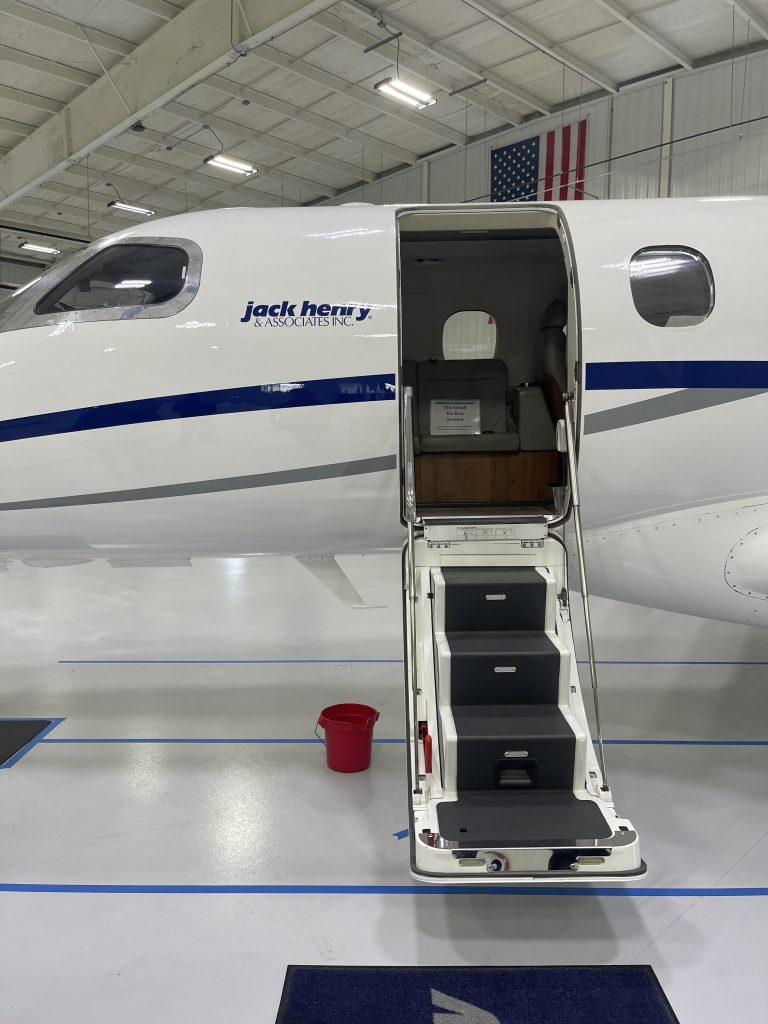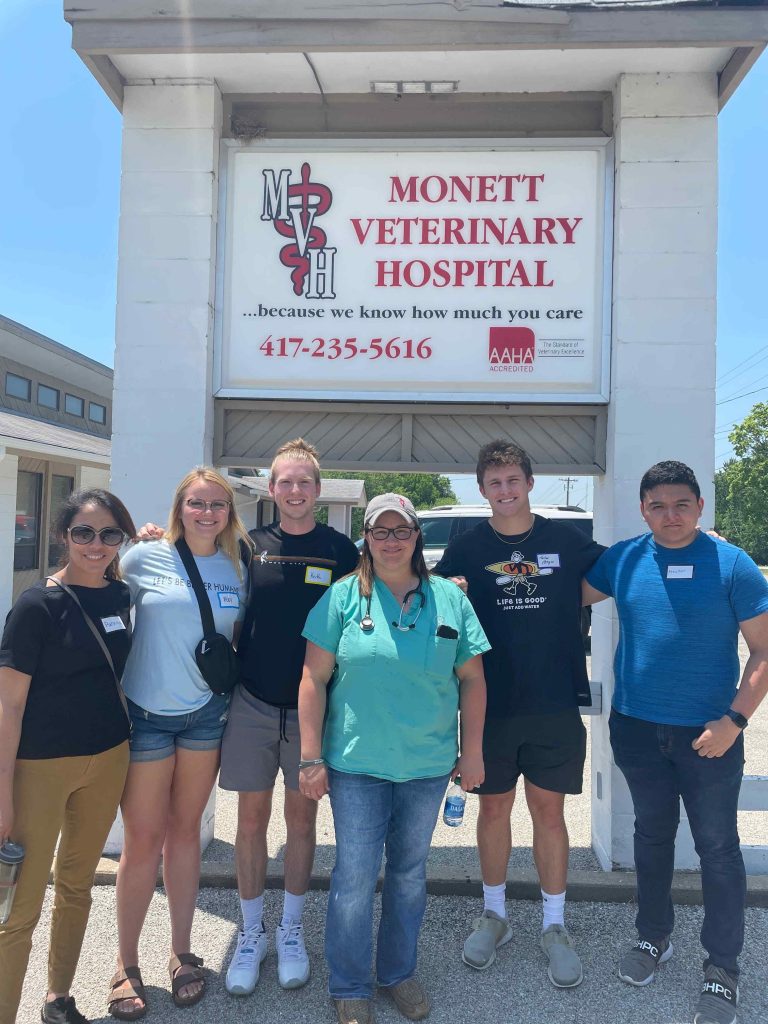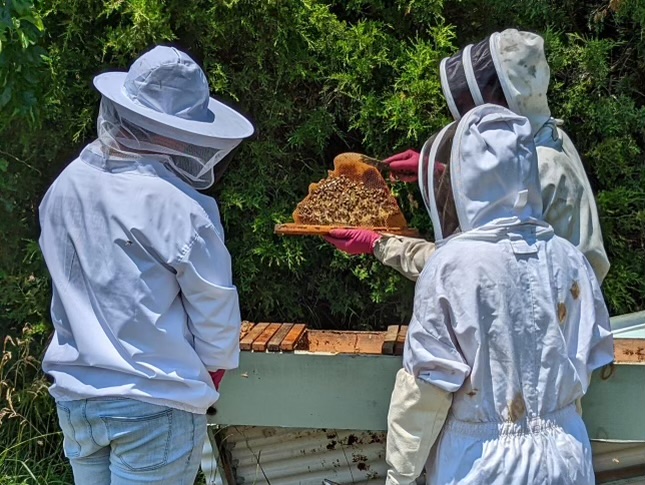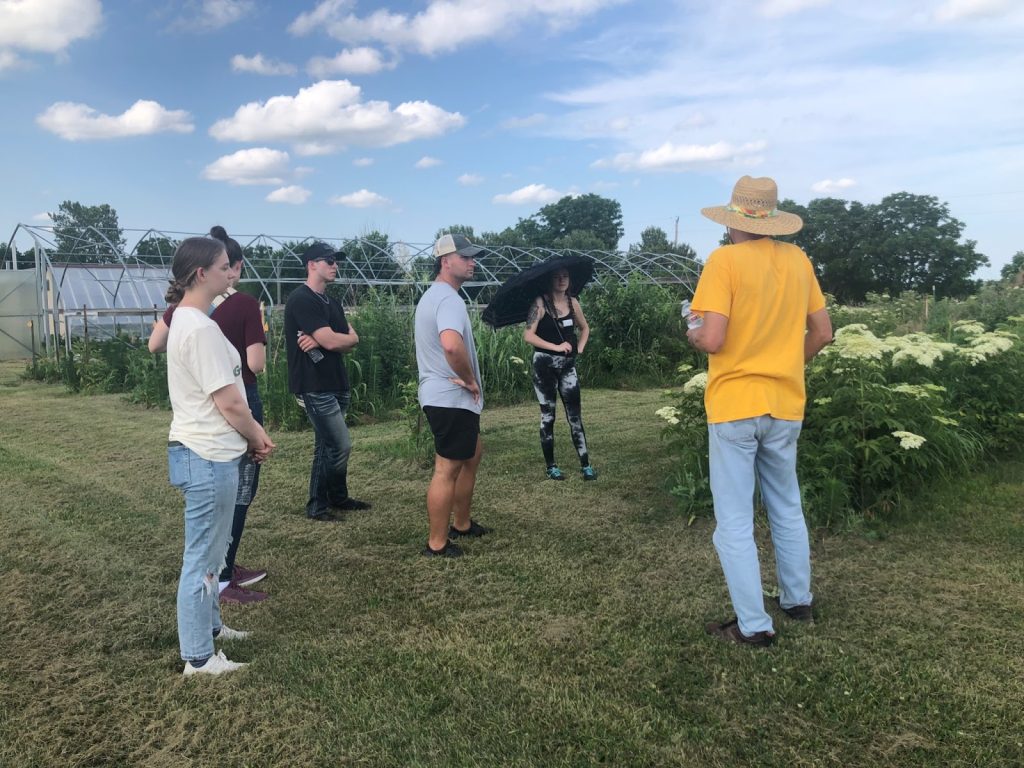News & Announcements
Health Professions students visit Monett, Missouri, with Rural Immersion program
Sept. 21, 2022
Story by Gracie Hedenberg
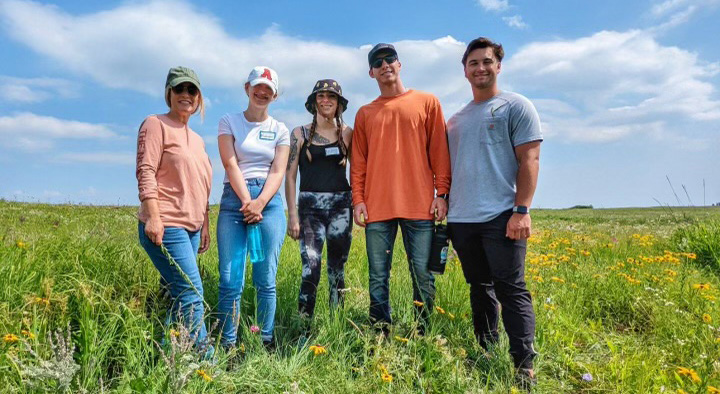
In June, Mizzou students in health care-related fields traveled to Monett, Missouri, for a week with the Rural Immersion program to learn more about health care in a rural community — from the community structure and resources to attitudes toward health care. Students were grouped into teams based on four important aspects of rural communities: agriculture, education and culture, government and business, and health care.
Abby Uhlich, a junior majoring in Social Work, wants to be a medical social worker when she graduates. She was assigned to the government and business group, and they visited local businesses, resource centers and emergency departments to learn how these entities are interconnected in the rural health sphere. The idea of interconnectedness is that all aspects are linked, and it is huge in a small community.
“A lot of the people we met with did their job but were also part of some council or board that involved the city,” Uhlich said. “They had so many other things that they did beyond the job, and they all really love what they do.”
Dylan Hood, a Health Science graduate who is now in medical school at MU, was a part of the agriculture group, which also toured parts of Monett that are integral to the community.
“My biggest takeaway is that health in rural communities is much more than medicine or seeing a physician,” Hood said. “Health in rural communities is not just going to see the doctor; it is the food you eat, the water you drink, the land you live on and the people you are around.”
When health is so interlaced with community, places like a local Angus ranch, an exotic dragon fruit farm, a honeybee farm, a dairy processing plant, Linden Prairie and the MU Southwest Research Center — all places the agriculture group visited — give outsiders a new perspective.
This is the fifth year the Rural Immersion program has traveled to a Missouri town with a population of under 10,000. Hood explained that towns with populations of this size experience health disparities such as funding deficiencies and a lack of providers. The goal of the trip is to inform students of these disparities, but also to show them that these communities are good places to call home if they choose to work in the health care field there.
“Going to Monett helped me see what I can do at a community level,” Uhlich said. “They have a supportive community, and they’re all on the same page — it was really inspiring!”
